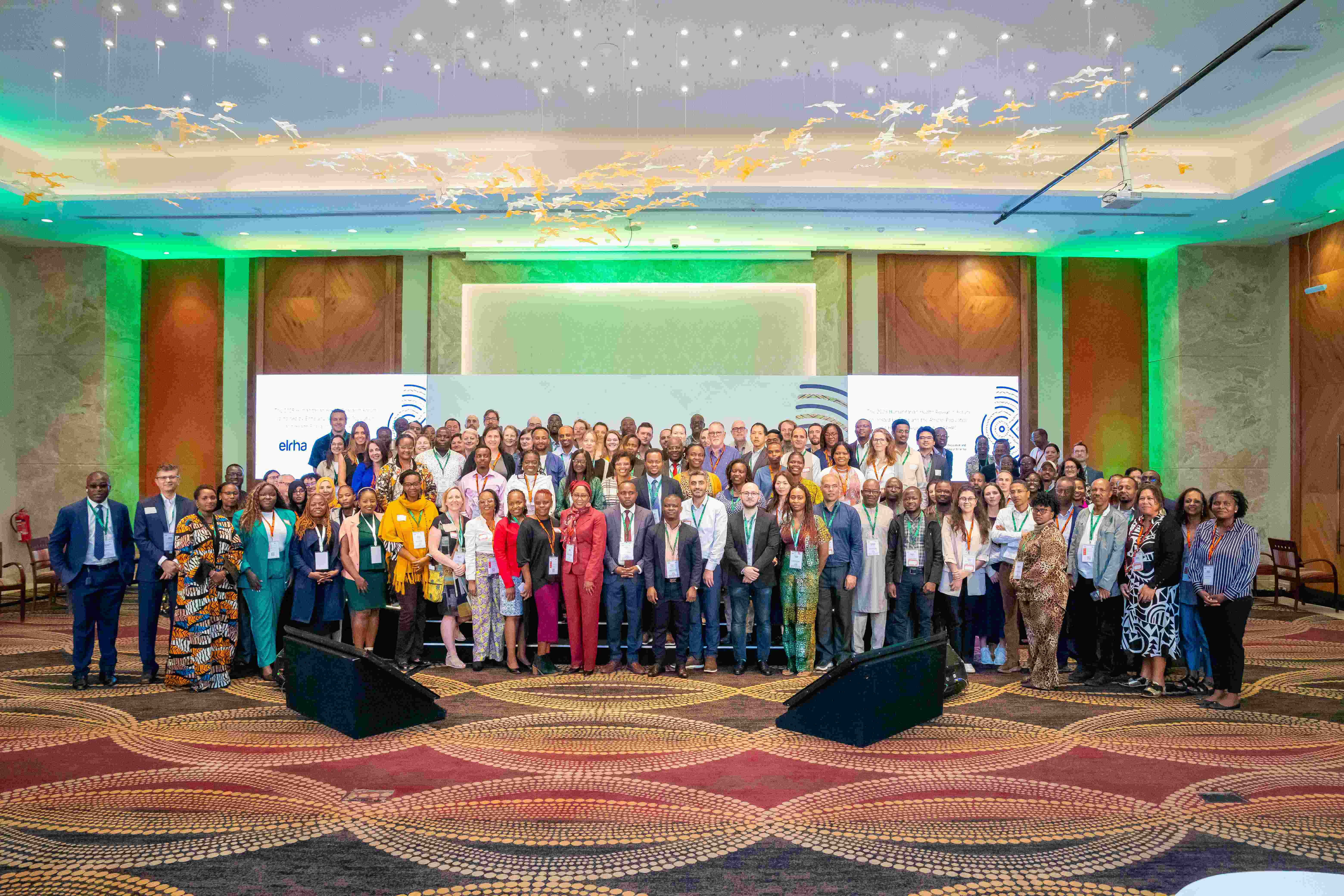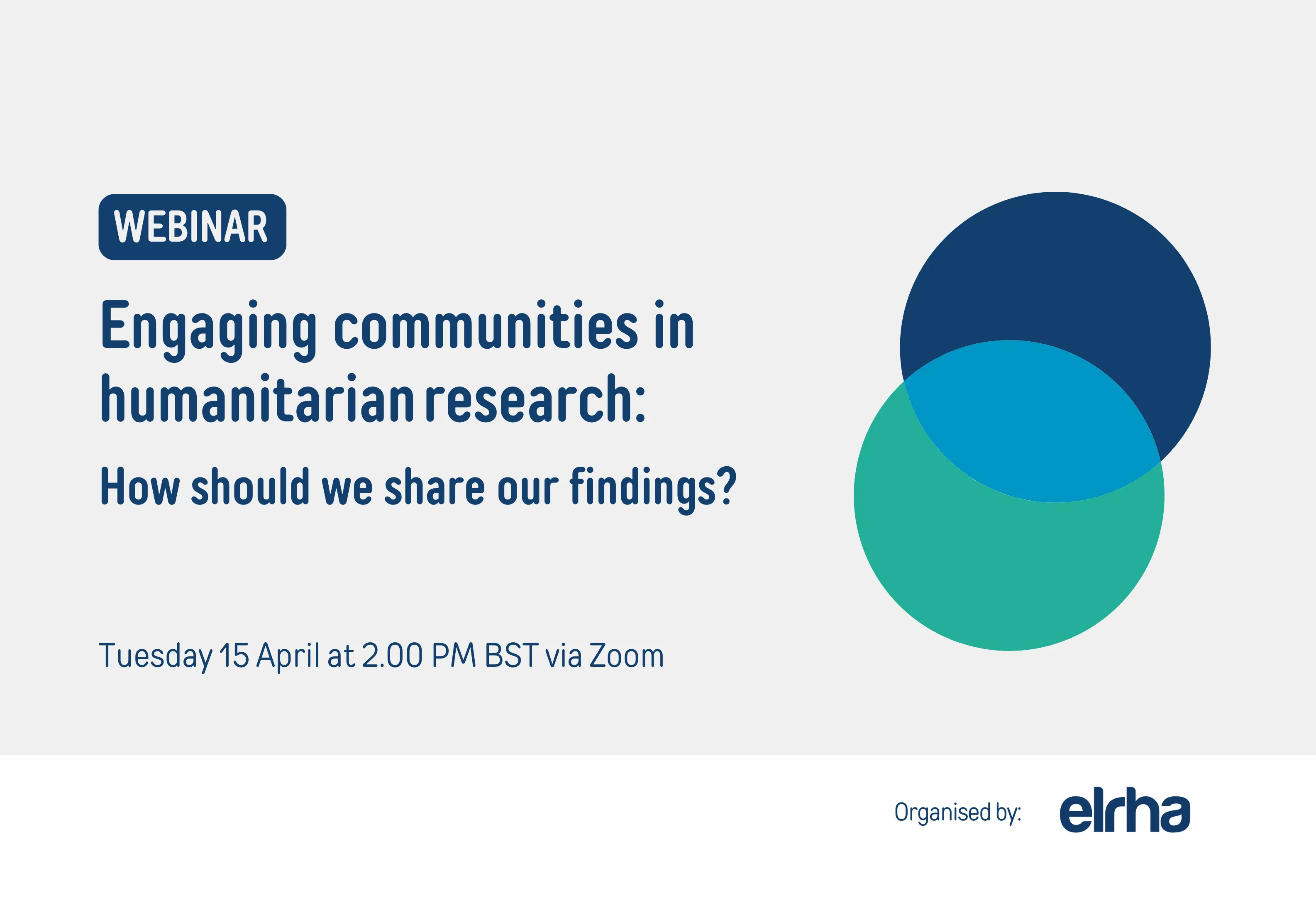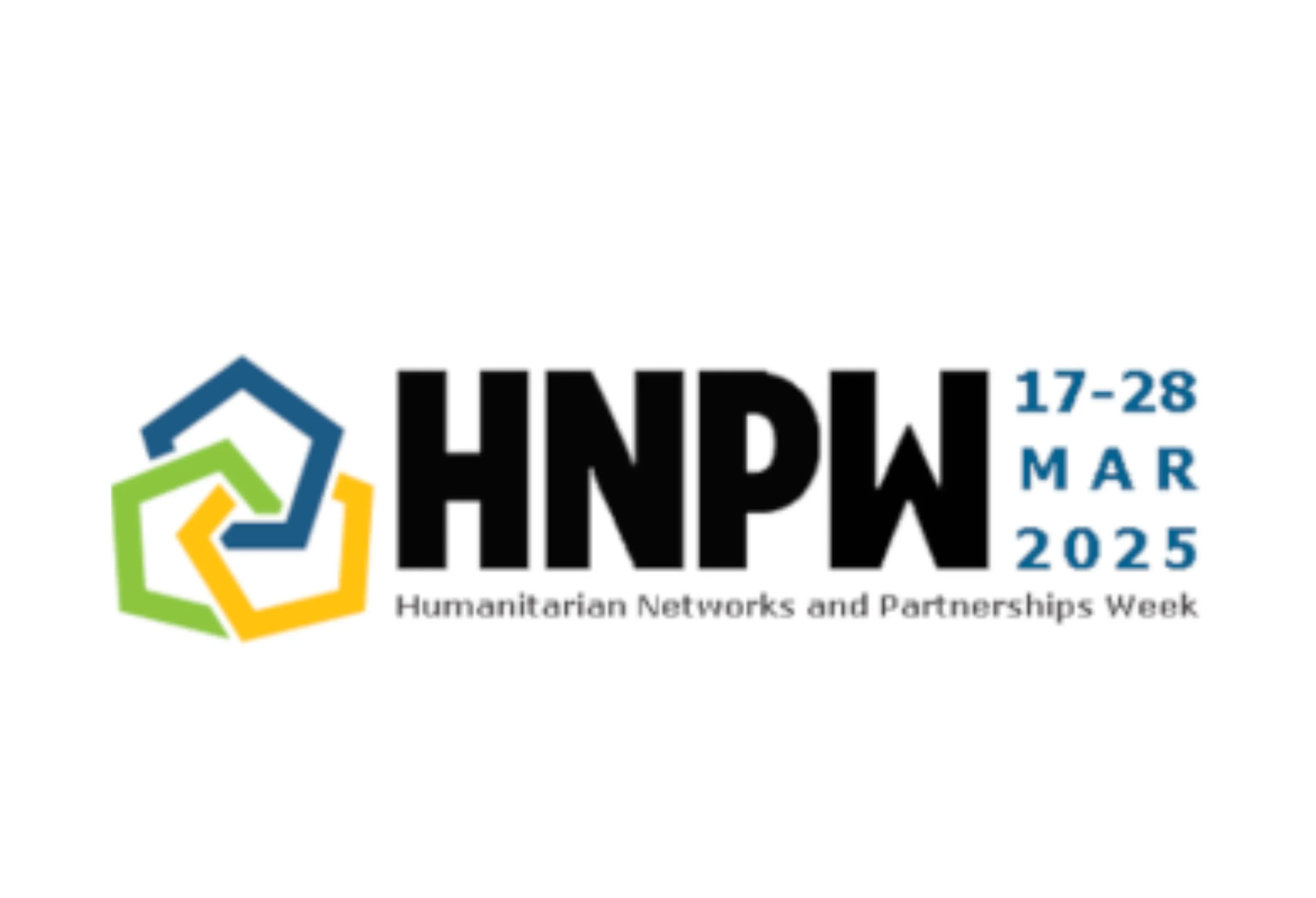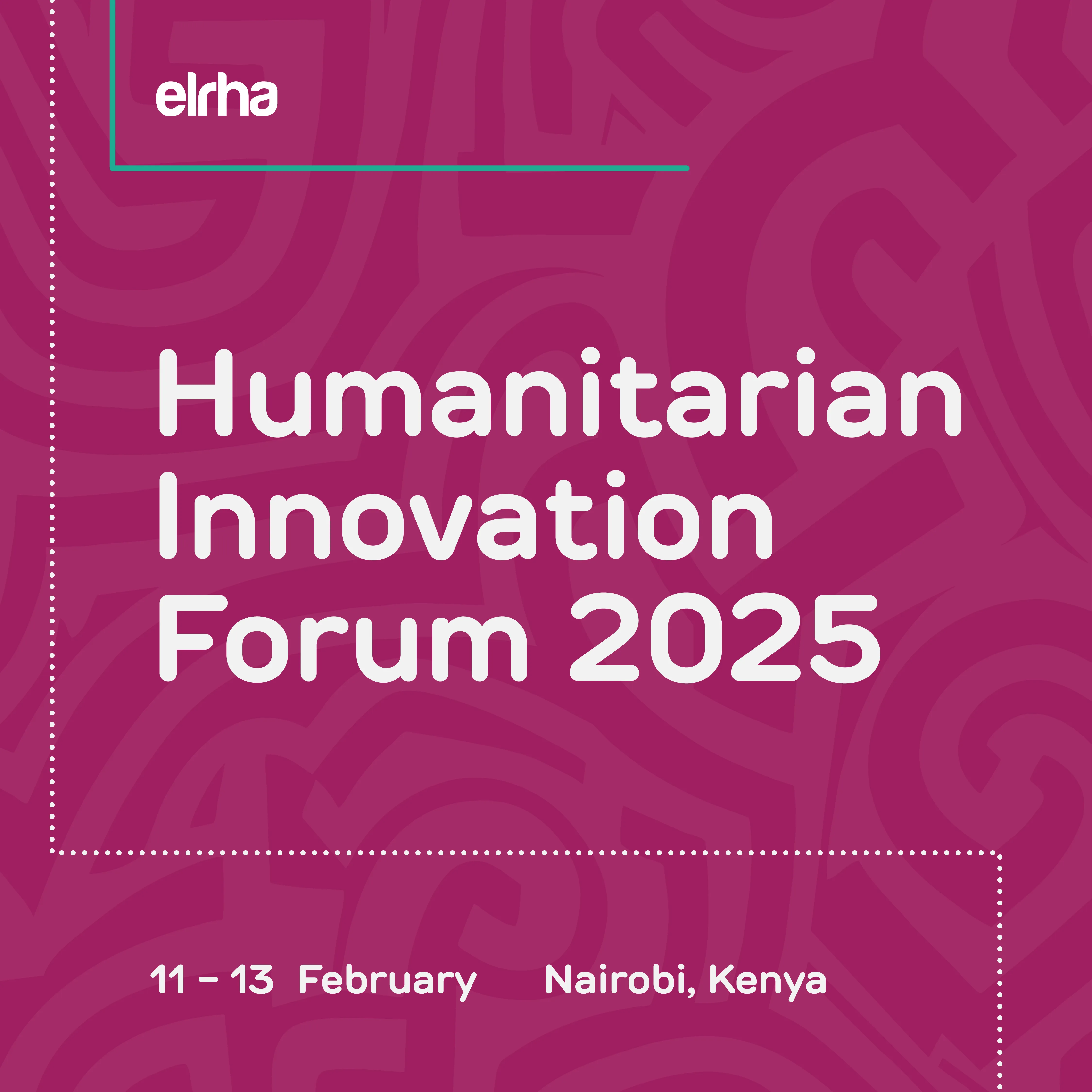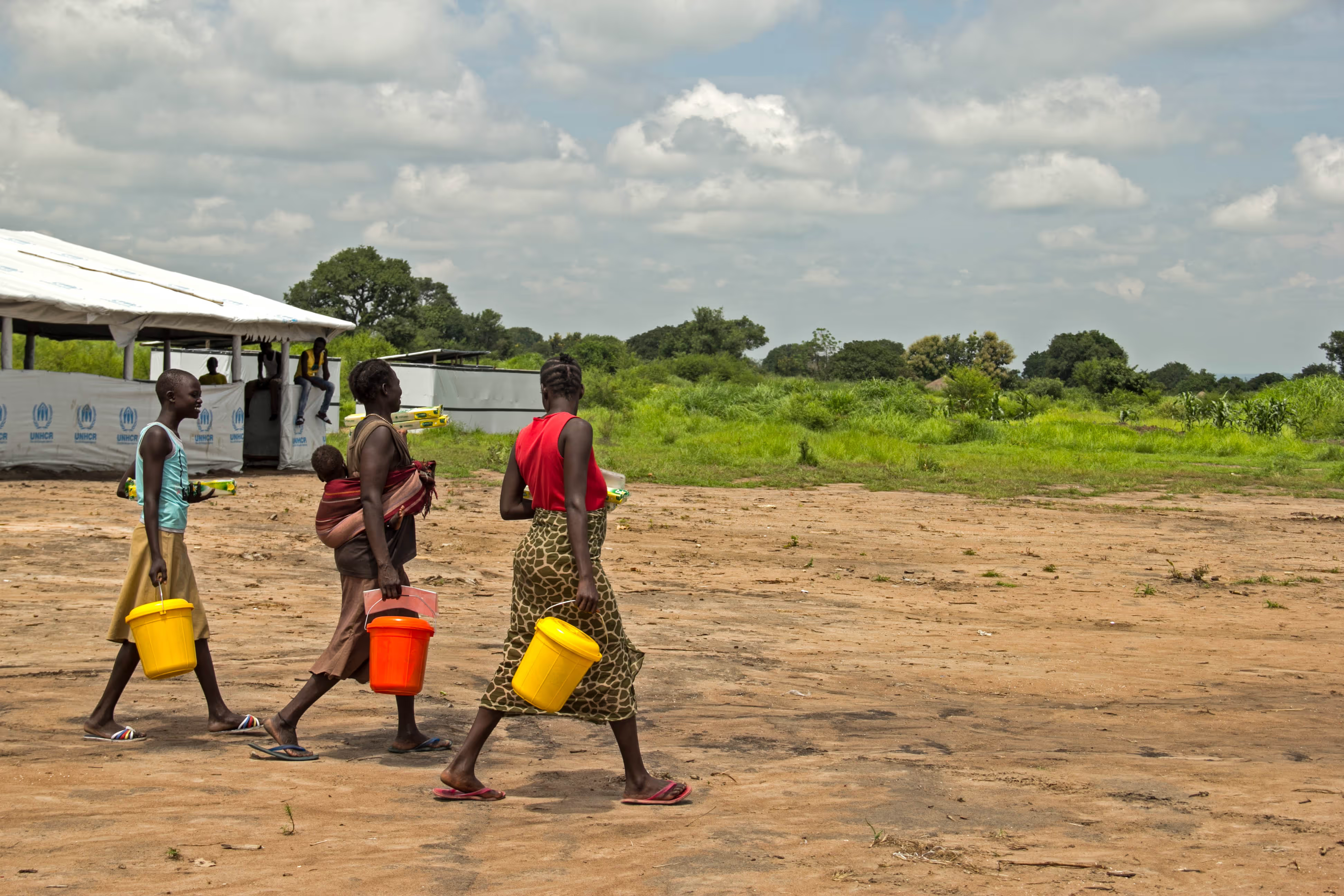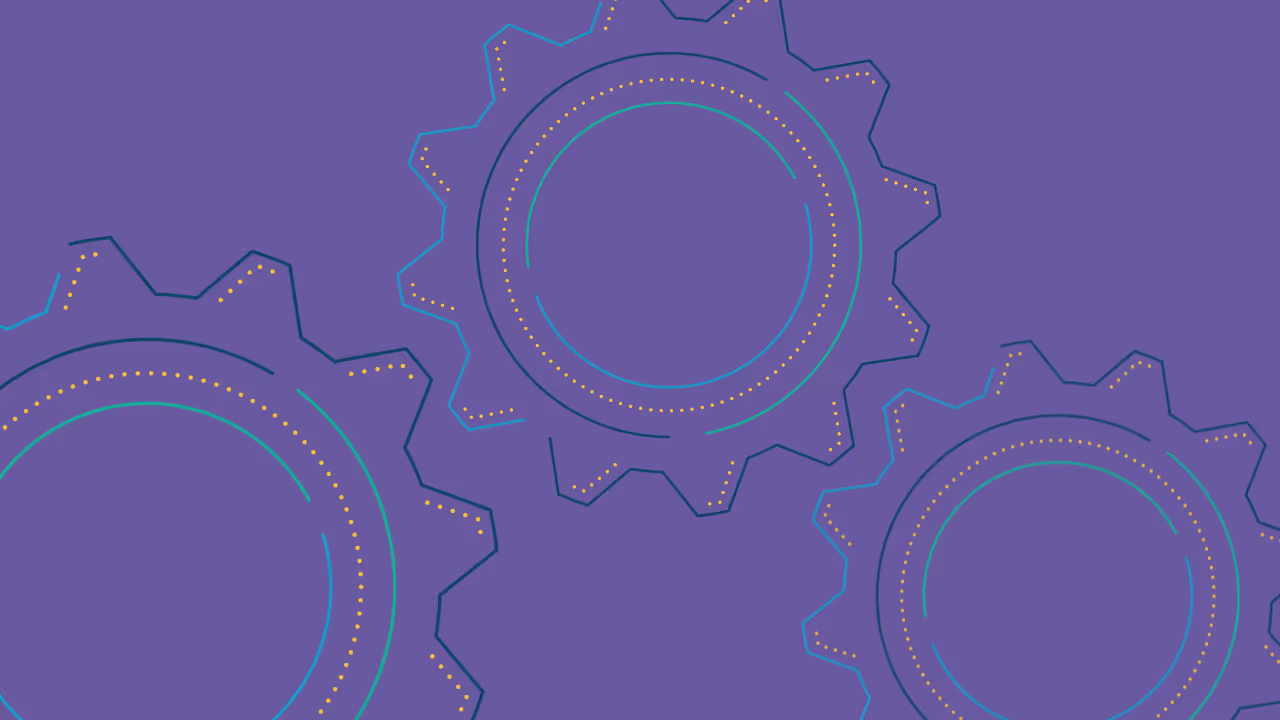Regional launches: solutions for addressing humanitarian needs - insights from regional consultations on the role of research and innovation
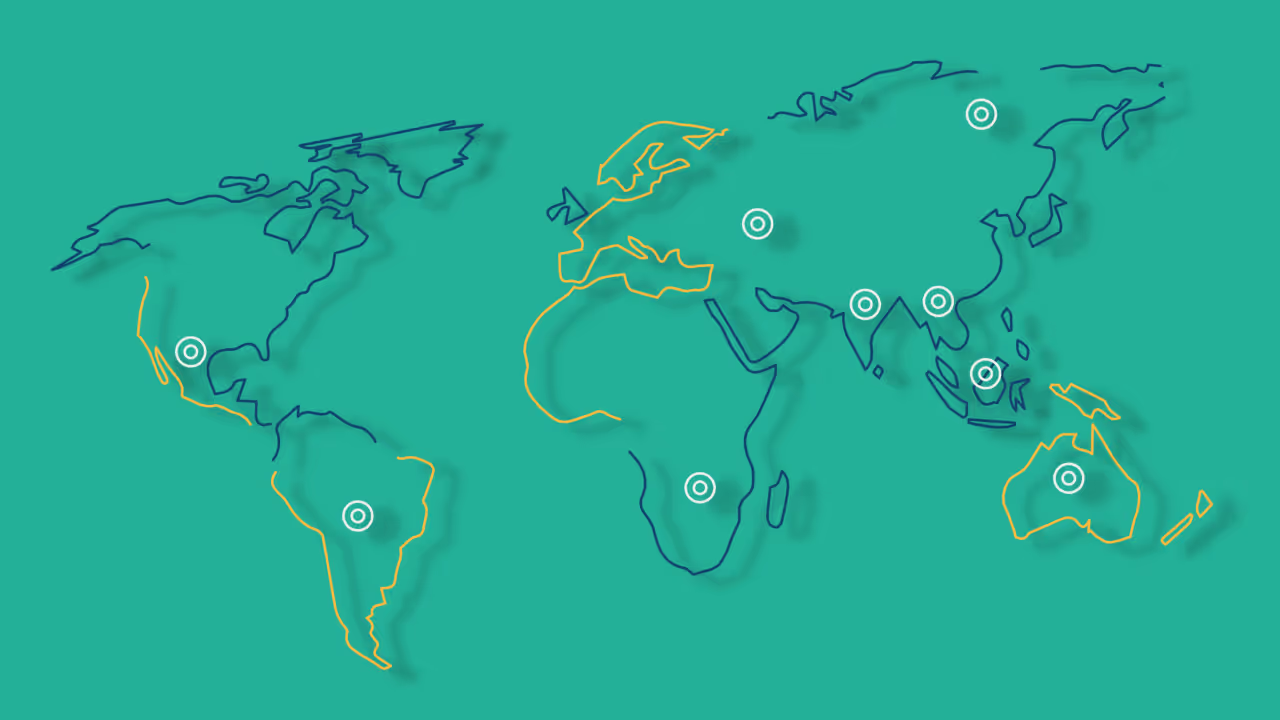
Background
As part of the Global Prioritisation Exercise (GPE) for humanitarian research and innovation initiative, we have gained invaluable insights through a series of stakeholder interviews conducted across six geographical regions and three national settings. Through key informant interviews*, the consultations examine perspectives of regional humanitarian research and innovation (HRI) actors on how the ecosystem functions, and occasionally dysfunctions, identifying priority topics and areas that require attention for each region. In collaboration we provide recommendations to address the challenges reported and learning from models that work for each regional HRI ecosystem.
About the regional launches
Alongside the Alfred Deakin Institute, our regional partners will hold events across three regions: South and Central Asia, Latin American and the Caribbean, and West Asia and North Africa. The events are open to all to register and attend, however if you are a humanitarian actor, donor, researcher, innovator or practitioner these events could provide specific regional insights that could inform what you fund, how best to prioritise and topical areas of research. Each event will explore:
- What is the current state of HRI in the region? What are the strengths and what are the challenges?
- What can be done to improve the HRI system in each region so that it is better able to inform and support humanitarian action?
- How can we drive an agenda for research and innovation that addresses the needs of the region?
Please note, there will be a separate registration link for each regional launch. You can sign up for all or just the regions of your interest.
1. South and Central Asia
Date: Sunday, 5 November, 9:30 - 11:00am GMT, 3:30 - 5:00pm Bangladesh time
The event will be hosted as a roundtable at the 7th IHSA Conference on Humanitarian Studies. It will be hybrid (in-person event at Campus of North South University in Dhaka, Bangladesh and online) and will be led by the All India Disaster Mitigation Institute (AIDMI).
Panellists include:
- Dr. Mahbuba Nasreen, Professor, Institute of Disaster Management and Vulnerability Studies, University of Dhaka
- Dilruba Haider, Programme Specialist, UN Women
- Sajid Raihan, County Manager, Bangladesh, START Fund
- Shahram Akbarzadeh, Research Professor, Alfred Deakin Institute, Deakin University
Chair: Colette Fearon, Director of Impact and Engagement, Elrha
Opening Remarks: Mihir Bhatt, Founder and Director, AIDMI
[.slimline-cta-box][.slimline-cta_heading]Get involved[.slimline-cta_heading][.slimline-cta_paragraph]Watch the recording of the roundtable.[.slimline-cta_paragraph][.slimline-cta-box]
2. Latin America and the Caribbean
Date: Thursday 23 November 2023, 5:00-7:00pm GMT, 2:00-4:00pm Brazil time
The event will be held online and led by the regional research team at University of São Paulo (USP).
Panellists include:
- Ricardo Mena, Former Director, UN Office of Disaster Risk Reduction
- Gloria Isabel Garcia-Parra, Directora Regional América Latina y El Caribe – LAC, Colombia, Oxfam International
- Rodrigo Mena, Assistant Professor of Disasters and Humanitarian Studies, International Institute of Social Studies (ISS) of Erasmus University Rotterdam
- Jessica Camburn, CEO, Elrha
Chair: Gustavo Novaes, Regional Advisor, Save the Children International
[.slimline-cta-box][.slimline-cta_heading]Get involved[.slimline-cta_heading][.slimline-cta_paragraph]This event has already taken place. A video recording of the event is coming soon.
;[.slimline-cta_paragraph][.slimline-cta-box]
3. West Asia and North Africa
Date: Tuesday 28 November 2023, 2:00-3:30pm GMT, 5:00-6:30pm Amman time
The event will be held online and led by the regional research team at Eastern Mediterranean Public Health Network (EMPHNET).
Panellists include:
- Dr. Mohannad Al Nsour, Executive Director, EMPHNET
- Prof. Shahram Akbarzadeh, Deputy Director (International) of the Alfred Deakin Institute for Citizenship and Globalisation, Deakin University
- Prof. Abla Sibai, Professor of Epidemiology and Dean of Faculty of Health Sciences, American University of Beirut
- Prof. Habiba Ben Romdhane, Professor of Preventive Medicine, University Tunis El Manar
- Prof. Yousef Khader, Director of the Center of Excellence for Applied Epidemiology, EMPHNET
- Muna Abbas, Chief Executive Officer, Asfari Foundation
- Jessica Camburn, CEO, Elrha
[.slimline-cta-box][.slimline-cta_heading]Get involved[.slimline-cta_heading][.slimline-cta_paragraph]Watch the recording of the webinar.[.slimline-cta_paragraph][.slimline-cta-box]
The consultation consortium is a multi-institutional collaboration commissioned by Elrha and led by the Alfred Deakin Institute, Deakin University. The GPE is funded by the UK Foreign, Commonwealth and Development Office and The Netherlands Ministry of Foreign Affairs.
*Key informant interviews were conducted with regional HRI stakeholders and were based across a range of organisation types including academic institutions, international and local/national non-governmental organisations, UN agencies, governmental/intergovernmental bodies and the private sector. Please note that while attempts were made to ensure the engagement and representation of the different stakeholder types for each region, there are limitations.
